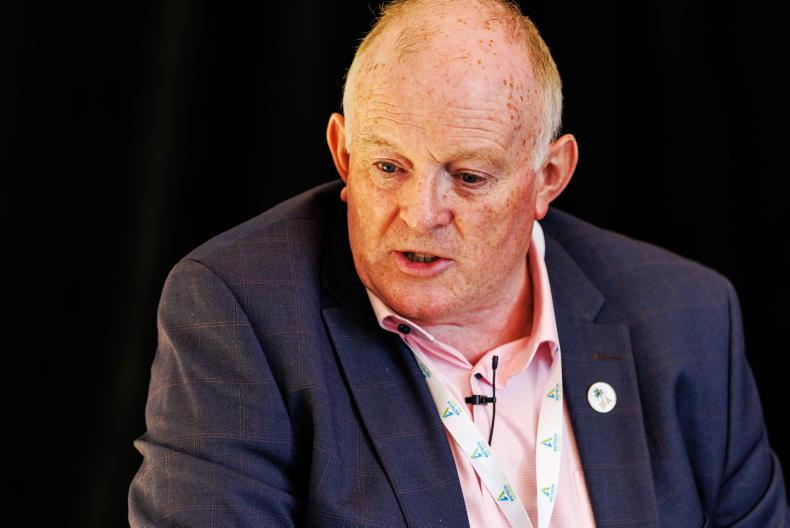The current Common Agricultural Policy (CAP) is not fit for purpose, according to 46% of respondents to an Agricultural Science Association (ASA) survey.
Some 196 members took part in the survey, which asked for their views on a range of topics, including CAP, Brexit and sustainability.
On the issue of CAP, ASA stated that there seemed to be “significant lack of comprehension about the new draft European Union CAP reform” proposals.
Anti-agriculture consumer movements will have a long-term negative impact on farming
Survey results showed that 48% of respondents were “not sure” if the move was in the right direction, while 35% believed that proposals were moving in the right direction.
Some 70% of respondents stated that greater subsidiarity was positive and 72% agreed on the inclusion of risk management tools.
Brexit and sustainability
The issue of Brexit troubled up to a third of survey participants, with 37% stating that it was one of the biggest challenges facing the agri-food industry over the next 10 years.
The fall-out from Brexit was listed as “very concerning”, with issues raised around the prospects of a hard border and potential impact on trade.
However, participants felt equally as strong about the challenge of sustainability and agriculture, with 36% voicing concerns about meeting sustainability targets.
Agriculture is one of the largest contributors to carbon emissions in Ireland and it marked an 11% increase compared with 2017 survey results on concerns around sustainability.
Anti agriculture
The wave of anti-agriculture activism, particularly seen on farms in the UK and which seems to be appearing in Ireland, was also cause for concern.
Some 76% of respondents stated that they were “concerned that anti-agriculture consumer movements will have a long-term negative impact on the farming and food industry”.
There have been a number of particularly violent protests on farms in the UK that have been witnessed on social media and caused alarm in some farming circles.
On a more cheerful note, 90% of participants said that they would encourage graduates to pursue a career in the industry.
“It is really encouraging to see that the industry is continuing to invest in training and upskilling its professionals, which is key to our continued competitiveness on the world stage,” ASA president Derrie Dillon said.









SHARING OPTIONS